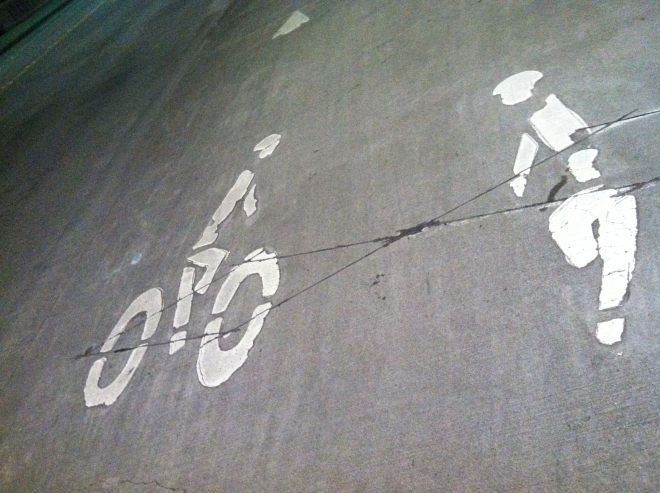
Existential Psychology
Talking To Kids About Evil
Most of us want to protect kids but this very desire traps us in a seemingly insoluble dilemma. Do we shatter innocence and alter the way they see the world by talking to them about evil, hopefully giving them concrete tools to better protect themselves? Or do we let them continue on with their pleasant fiction, insuring their happiness in the moment and hoping that nothing goes wrong? Unless you are evil you probably don’t like the idea of destroying innocence, which is what makes having conversations about it difficult. But evil does exist in the world and trying to shield children by ignoring it is not the answer. There are 3.3 million reports of childhood abuse made every year in the United States involving nearly 6 million children (source). The truly scary part is considering all of the instances that are never reported.
Kids believe what adults tell them to believe until they reach the age of differentiation and start fighting for their own identities. Blindly following directions is evolutionarily determined. How could a young child possibly have avoided the countless unknown dangers of the natural world without this predilection for obedience? Little kids follow directions even though they don’t really understand them, and this is ostensibly to keep them safe. While their malleability had an evolutionary advantage and still does in our modern world, it also makes them easy prey for those with evil intentions.
There is a way to frame the conversation that will arm kids with the knowledge to better protect themselves from harm while allowing them to hold on to the ideal that the world can be a good place filled with good people. You can try it at any age but your child will probably need to be at or around the concrete operational stage of development to understand what you are talking about, which usually starts at the age of seven.
I recommend taking your kid to a garden and showing her all of the various plants blooming and growing. Talk about how they were all once seeds, and how it takes constant watering and attention to help them grow and then stay alive and healthy. Without water the plants will surely die. A seed can turn into a plant but only if it receives water, sunshine, and other nutrients. If it doesn’t it will remain a seed forever. If one plant in the garden doesn’t get enough water it will die out and the other plants around it will start to grow over where that plant used to be.
You can explain that people are the same way. We are like gardens and all of us have seeds of goodness, compassion, kindness, love, and generosity as well as seeds of evil, spite, envy, and cruelty. It is up to us to water the good seeds and make them grow while refusing to water the bad seeds so that they stay tiny and never threaten to take over our gardens. But some people don’t know this or have forgotten it, and they have been watering their negative seeds for a very long time without giving any attention to the positive ones.
Framing the conversation in this way recognizes the reality of evil but puts human freedom at the center of it, reminding your child that even people who do evil acts are not incapable of good but rather have forgotten to water or care for those seeds. Your own child will probably become more protective over his garden and consciously consider at a very early age how to nurture and grow his best qualities.
This is the philosophical side but of course you also have to worry about the brass tacks. Like we said before children are evolutionarily programmed to follow the directions of adults, so you have to make sure that the guidelines you provide to help protect them from harm are hardwired to override the directions of those who want to do them harm. The best way to achieve this end is to have the conversation many times and to set up concrete scenarios.
After a few times you can ask them what they would do in various situations and make sure they can tell you without having to think too much about it. Some examples are never get into a car with a stranger, if an adult tells you to keep a secret you will never get in trouble for telling us and your teachers about it, and it’s never okay for anyone to touch you in your private areas and if they do tell someone you trust immediately. Come up with your own list of guidelines that are important to you and fit your situation.
Most parents do a pretty good job of warning their kids about strangers, but another grim reality is that lots of sexual abuse against children comes from family friends or relatives. What it comes down to is that it’s up to you to vet every person who will be spending time with your kids. We can’t control everything that happens but we can minimize risk. Remind your kids that whether they know and trust someone or not, sexual contact or physical violence of any kind are never okay under any circumstances and if they ever feel weird about an encounter they should tell you right away about it.
These are not fun conversations to have but the alternative is far worse and will insure a very difficult road for your child. I believe that when we frame these talks in the context of human freedom and the ability people have to choose and nurture the good, we give up some innocence but we instill a powerful guiding principle at an early age that will help kids grow into mature, responsible, loving adults who can develop into the fullest possible versions of themselves. And this is what good parents want for their kids isn’t it?




